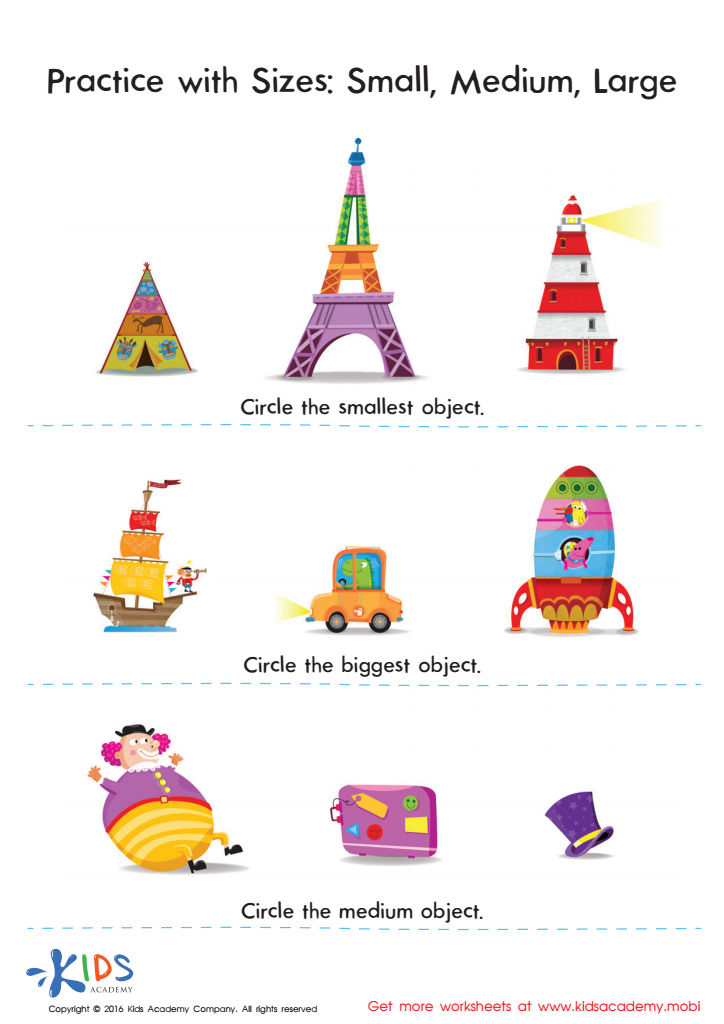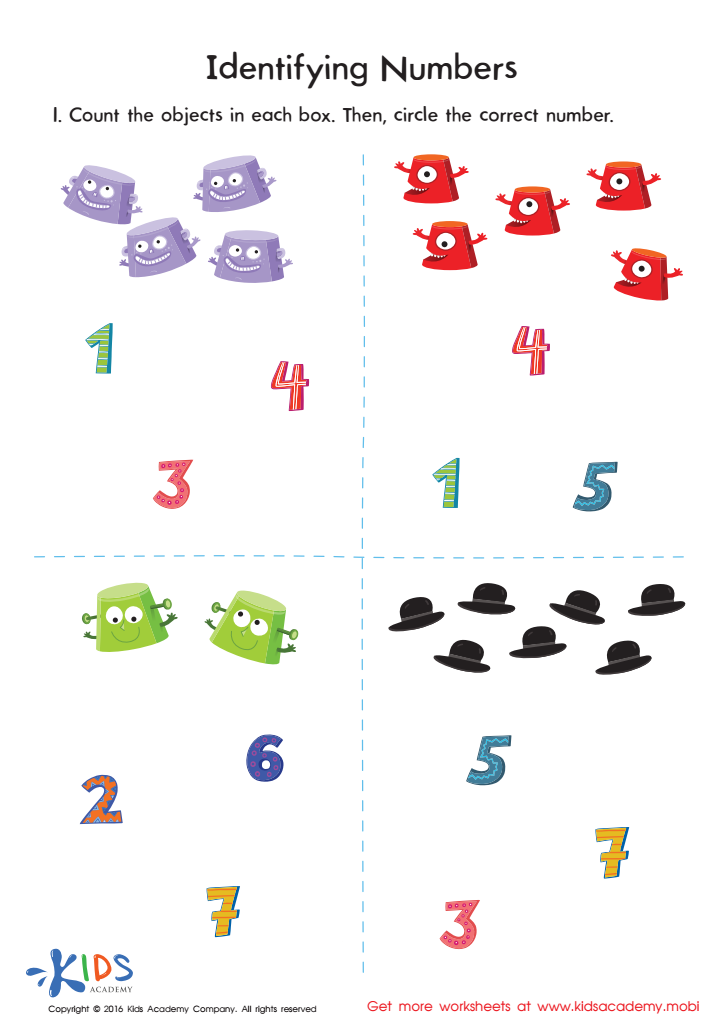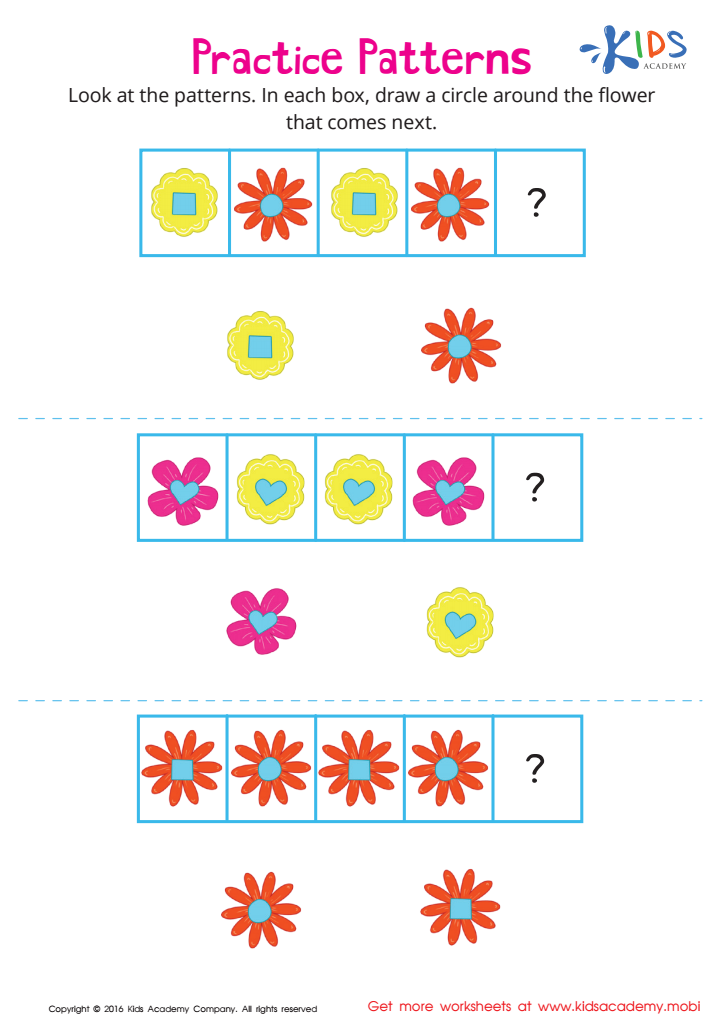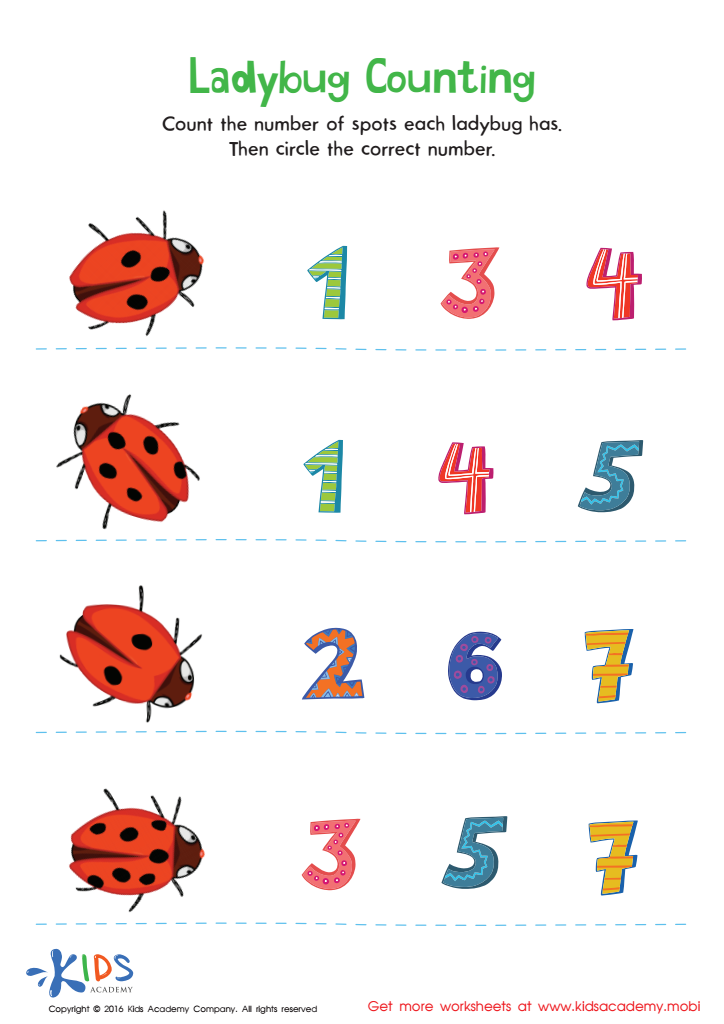Matching Worksheets for Ages 6-8 - Page 3
62 filtered results
-
From - To
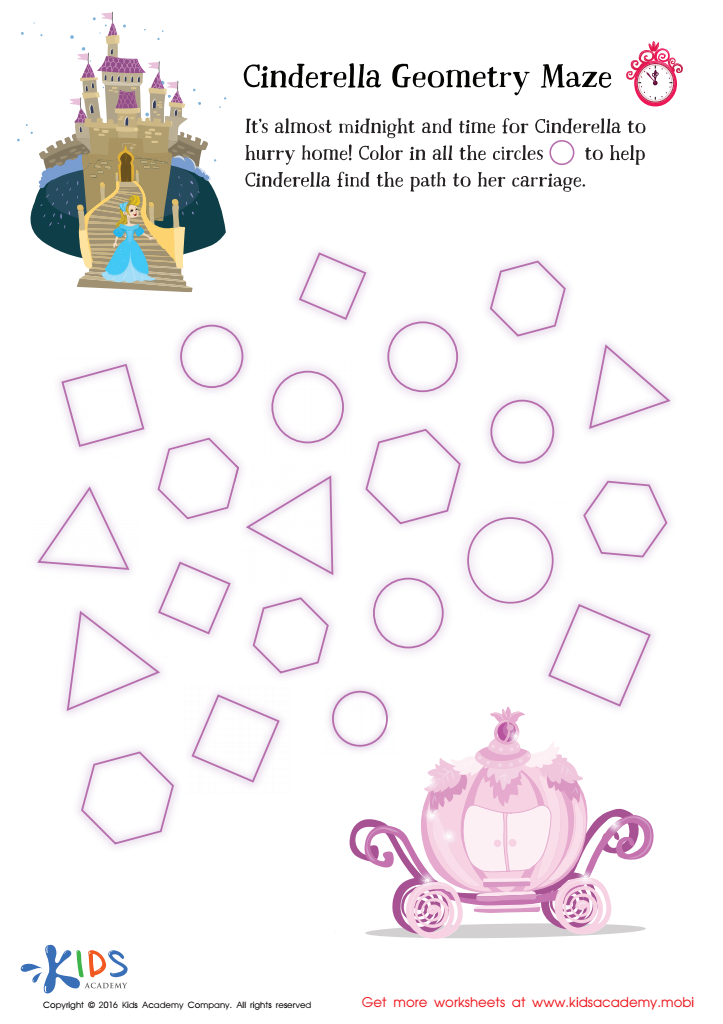

Cinderella Geometry Maze Worksheet
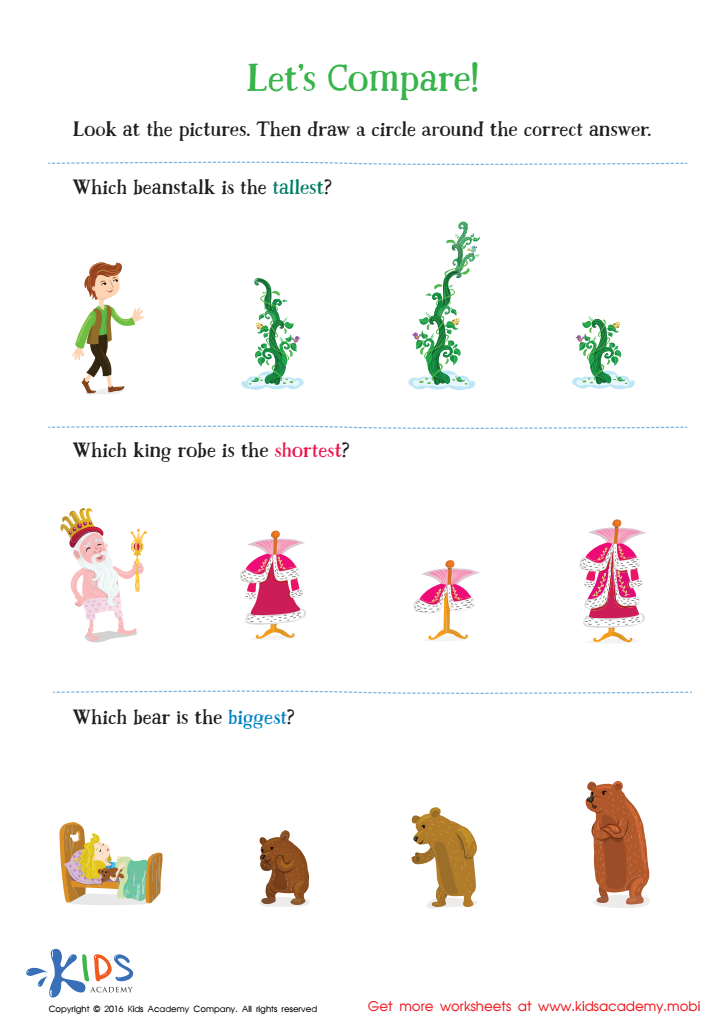

Fairy Tale Worksheet: Let's Compare


Fairy Tale Worksheet: Count and Classify with Rapunzel
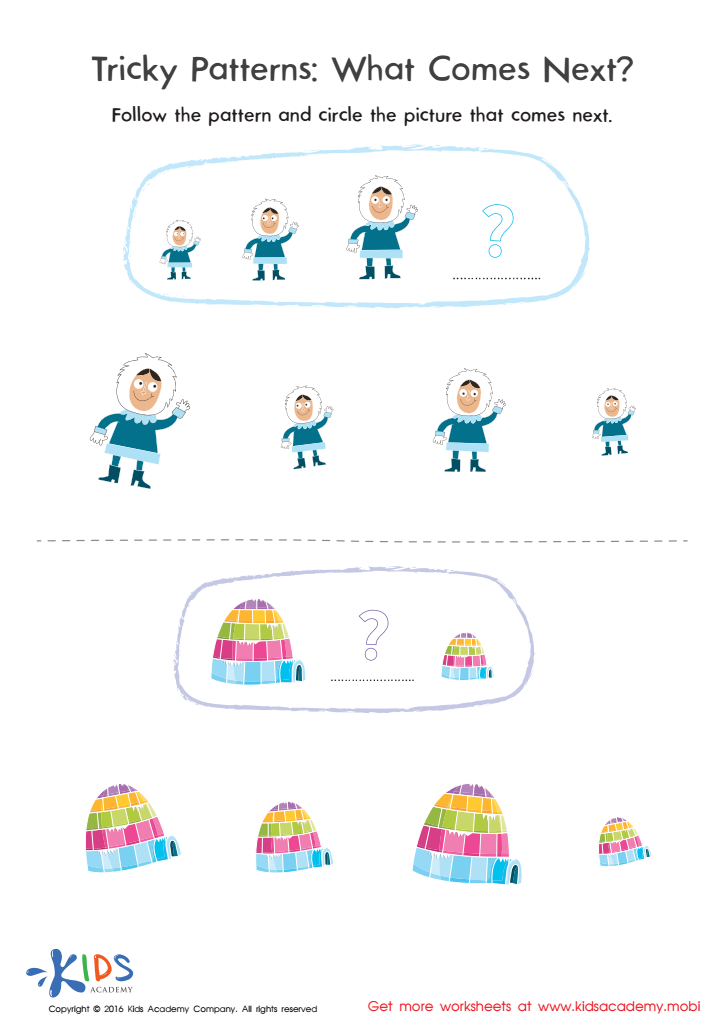

Tricky Patterns Size Worksheet
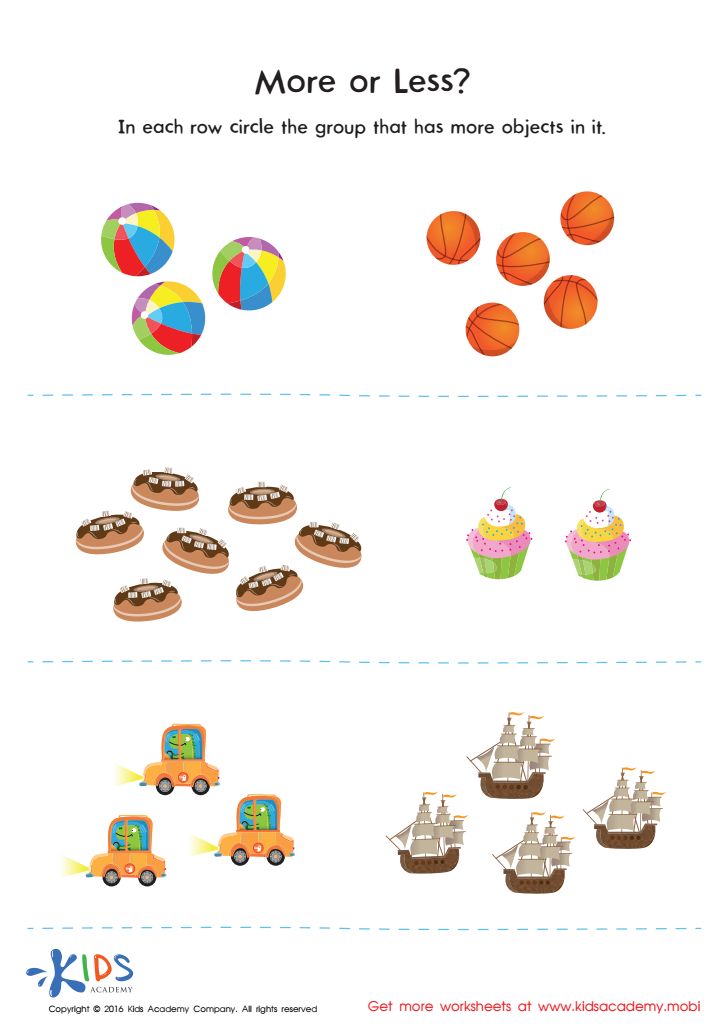

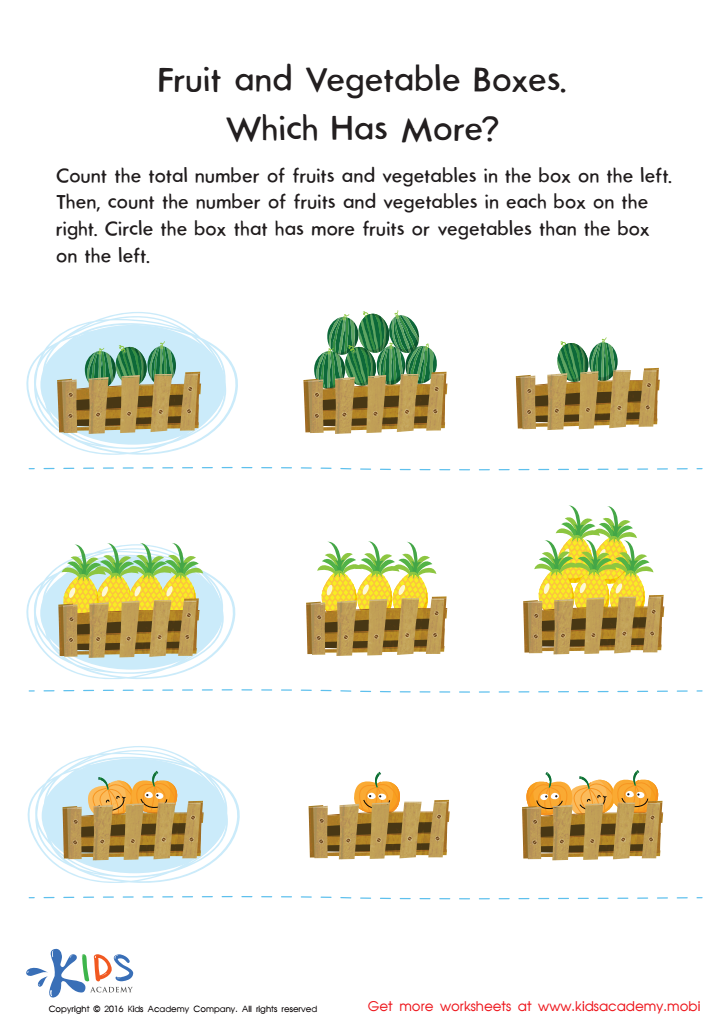

Which Has More? Size Worksheet
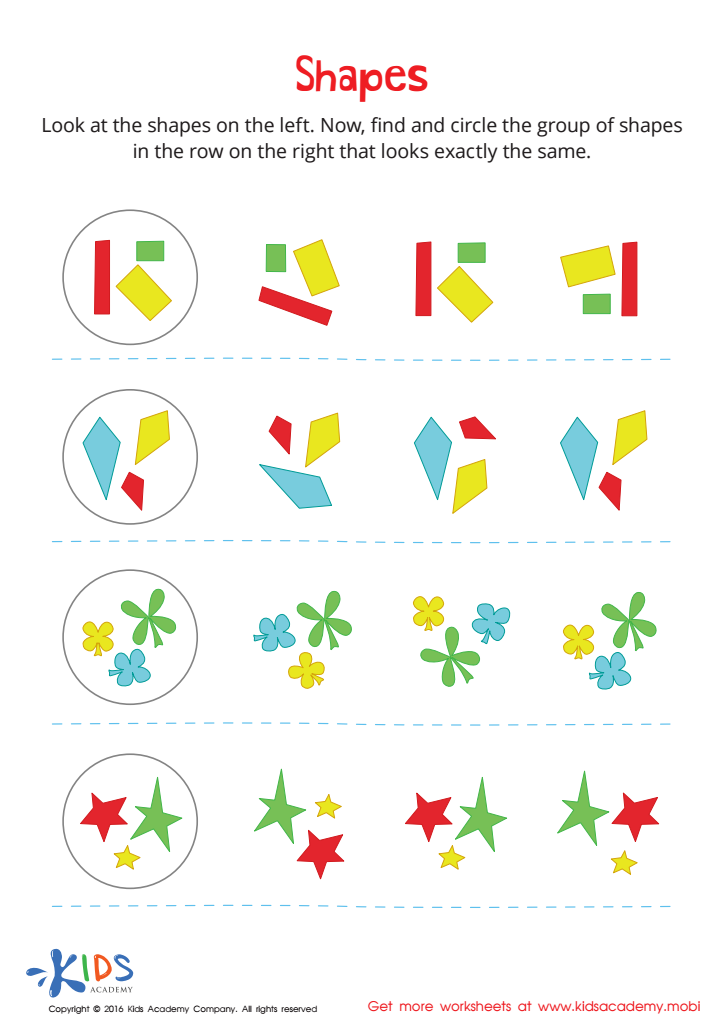

Shapes Worksheet
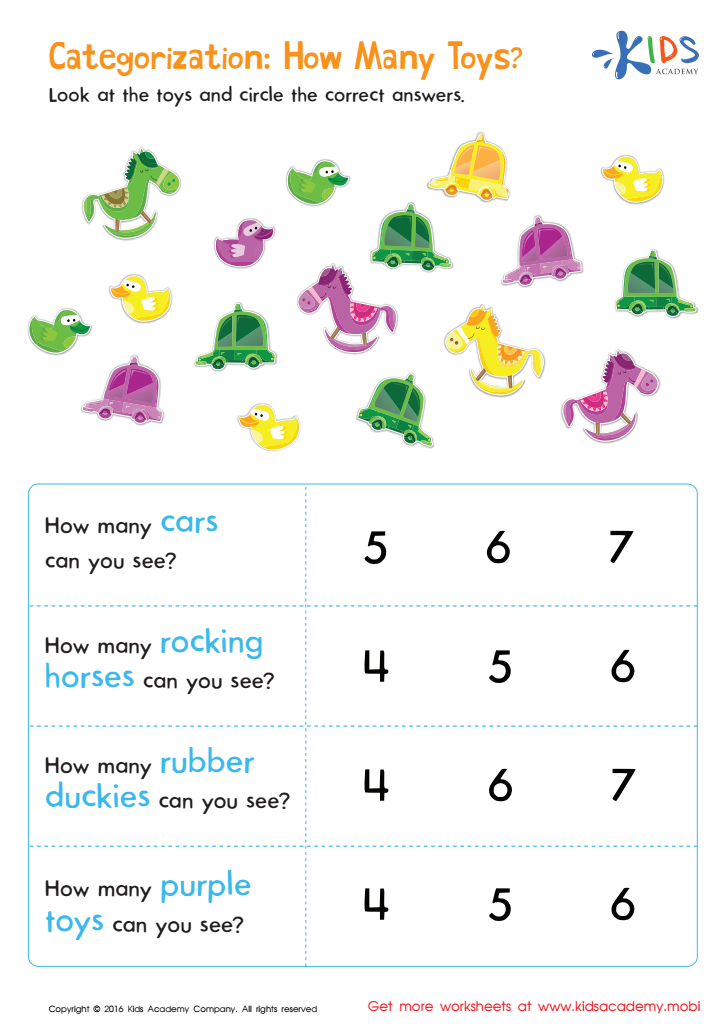

Classifying Toys by Type and Color Sorting Worksheet
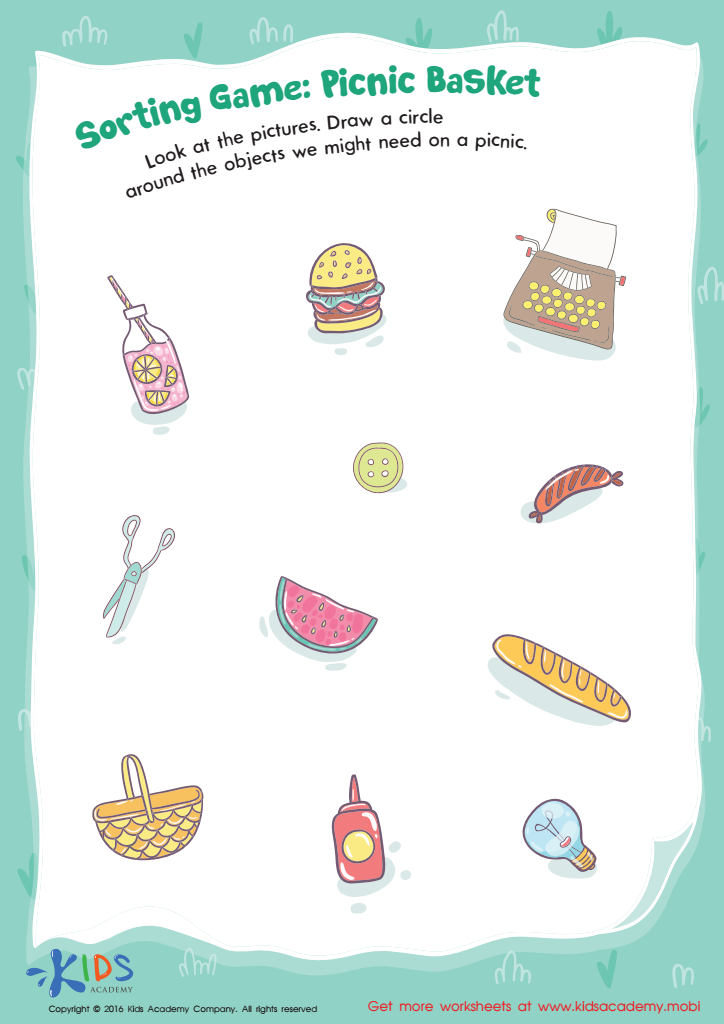

Picnic Basket Sorting Worksheet
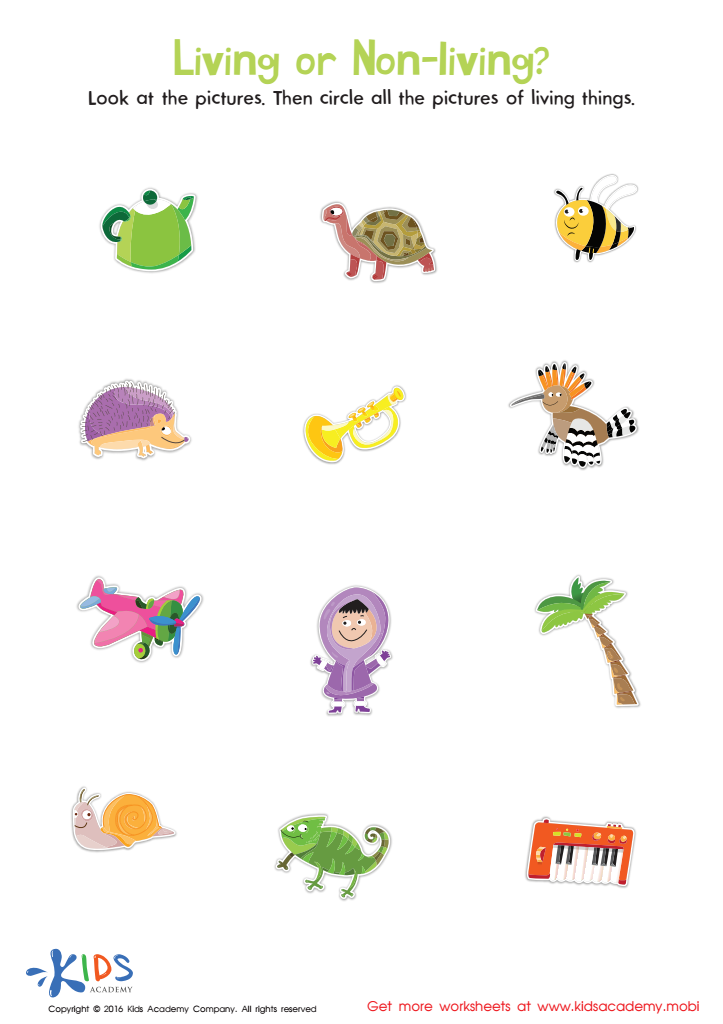

Identifying Living and Non–living Things Sorting Worksheet
Matching activities for children ages 6-8 are vital in fostering early cognitive and social development. During this critical stage, children are enhancing their ability to recognize patterns, make connections, and classify information, all of which are essential skills for academic success. Engaging in matching games encourages concentration and memory retention, skills that prove beneficial in various learning contexts.
Furthermore, these activities help children develop fine motor skills as they manipulate cards or objects, improving hand-eye coordination. Parents and teachers play a crucial role in selecting age-appropriate matching games that align with children's interests and educational needs.
In addition to cognitive benefits, matching games often involve cooperative play, fostering teamwork and social skills. As children work together, they learn to communicate, negotiate, and celebrate each other’s achievements, contributing to emotional and social growth.
Moreover, these activities offer an excellent opportunity for parents and teachers to bond with children, creating a supportive learning environment. By prioritizing matching games, adults can inspire a love for learning, nurture curiosity, and build resilience, key components for a successful educational journey. Overall, matching for ages 6-8 is not just play; it’s a foundational tool for holistic development.
 Assign to My Students
Assign to My Students
